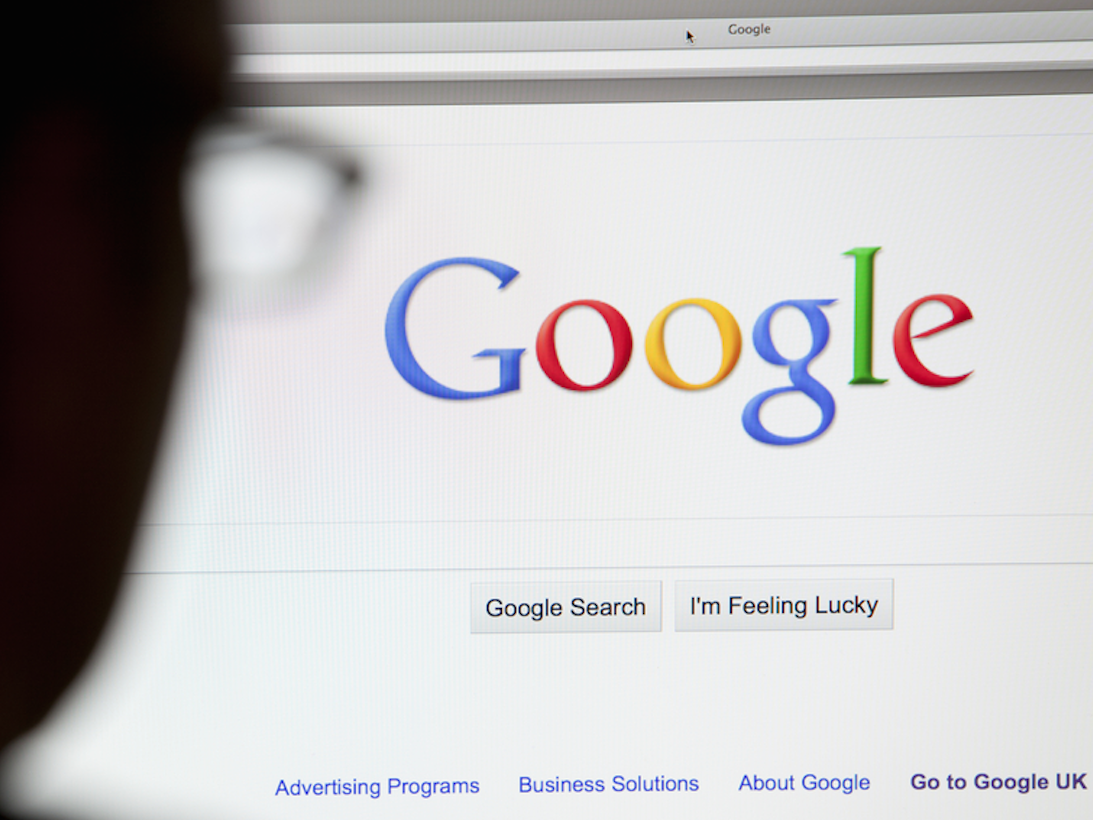
UK news publishers have urged the Government to tackle the Google/Facebook “duopoly” in order to stop fake news becoming a major problem in the UK.
The News Media Association made the recommendation in its response to a Parliamentary inquiry into the issue of fake news, entirely fabricated stories which appear online.
Such stories became a major issue during the US presidential election, with many of them favouring the campaign of Donald Trump.
The NMA believes that Google and Facebook need to face up to their responsibilities for spreading and profiting from fake news. And it has also called for a shake-up of rules governing automated online advertising so that advertisers can know where their money is being spent.
The NMA said: “Fake news companies find it easier to thrive online than real news companies because they do not have the overheads that professional news-gathering entails.
“These overheads are very difficult to cover in a digital news environment which rewards the distribution of content by internet platforms far more generously than it does those who create it.
“Fake news travels fast on social media, where algorithms connect users to news by second-guessing what the user might like, rather than assessing the quality of the source. As it thrives, it attracts advertisers hungry for audiences in the digital environment.
“Digital programmatic advertising follows these people with their own algorithms that track their ‘clicks’, ‘shares’ and ‘likes’ and place advertising wherever they browse.
“In this way, the commercials of even the most reputable brands and government advertising end up appearing inadvertently on fake news sites and other inappropriate destinations.”
It warned that fake news “causes real social harm” by “rewarding piracy and facilitating the spread of conspiracy theories” and by leading to the “diversion of funds from real news to fake news, weakening the former’s voice, reducing its reach and undermining its vital role of anchoring public discourse in reality”.
And said the conditions are ripe for fake news to become a major issue in the UK, as it already is in the US.
“As with their US counterparts, UK news publishers are squeezed by the Facebook-Google duopoly and by new forms of digital advertising that very often bypass real news for fake.
“Their distinctive voice, financial sustainability and independence are also threatened by attempts to muzzle them with draconian legislation and to strong-arm them through threats of bans and boycotts into surrendering their editorial freedom.”
The NMA has called for an Ofcom inquiry into the impact of Google, Facebook and other platforms on the media landscape.
It has also ask for a review of their regulatory status which would ask whether it was time for them to take responsibility for the content that they profit from.
The NMA also believes that the Information Commissioner’s office should also set up an inquiry into Google and Facebook’s dominant position regarding the collection and sale of personal data about their users.
Publishers warn that the two giants are set to take more than 70 per cent of all money spent advertising online in the UK by 2020.
And they have suggested that one solution might be for the giant digital platforms to pay news publishers a licensing fee for the use of their content.
News Media Association chairman Ashley Highfied, the chief executive of Johnston Press, said: “The Google-Facebook response to fake news is not assuaging concerns that these are media companies who, unlike other media companies, are picking and choosing their responsibilities and
choosing the minimum.”
Email pged@pressgazette.co.uk to point out mistakes, provide story tips or send in a letter for publication on our "Letters Page" blog
